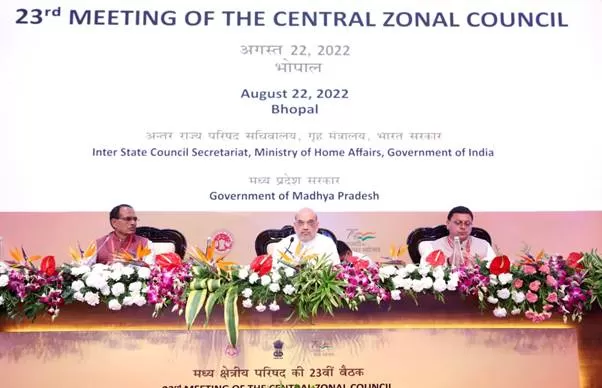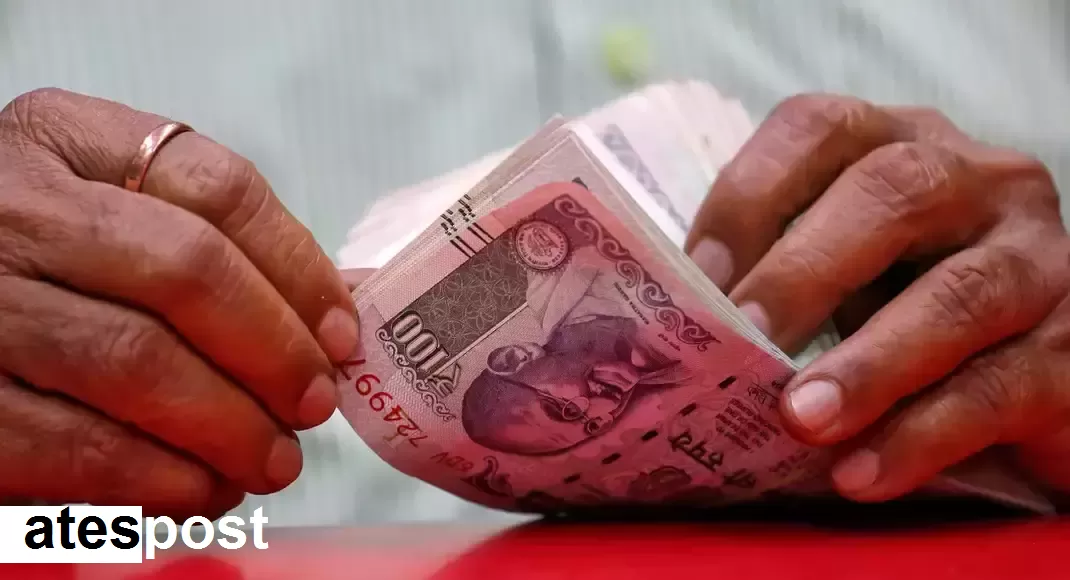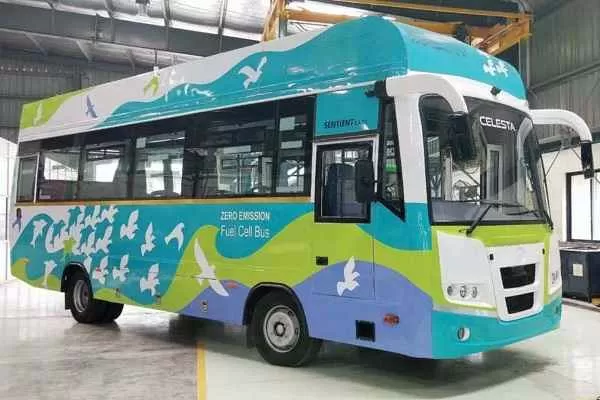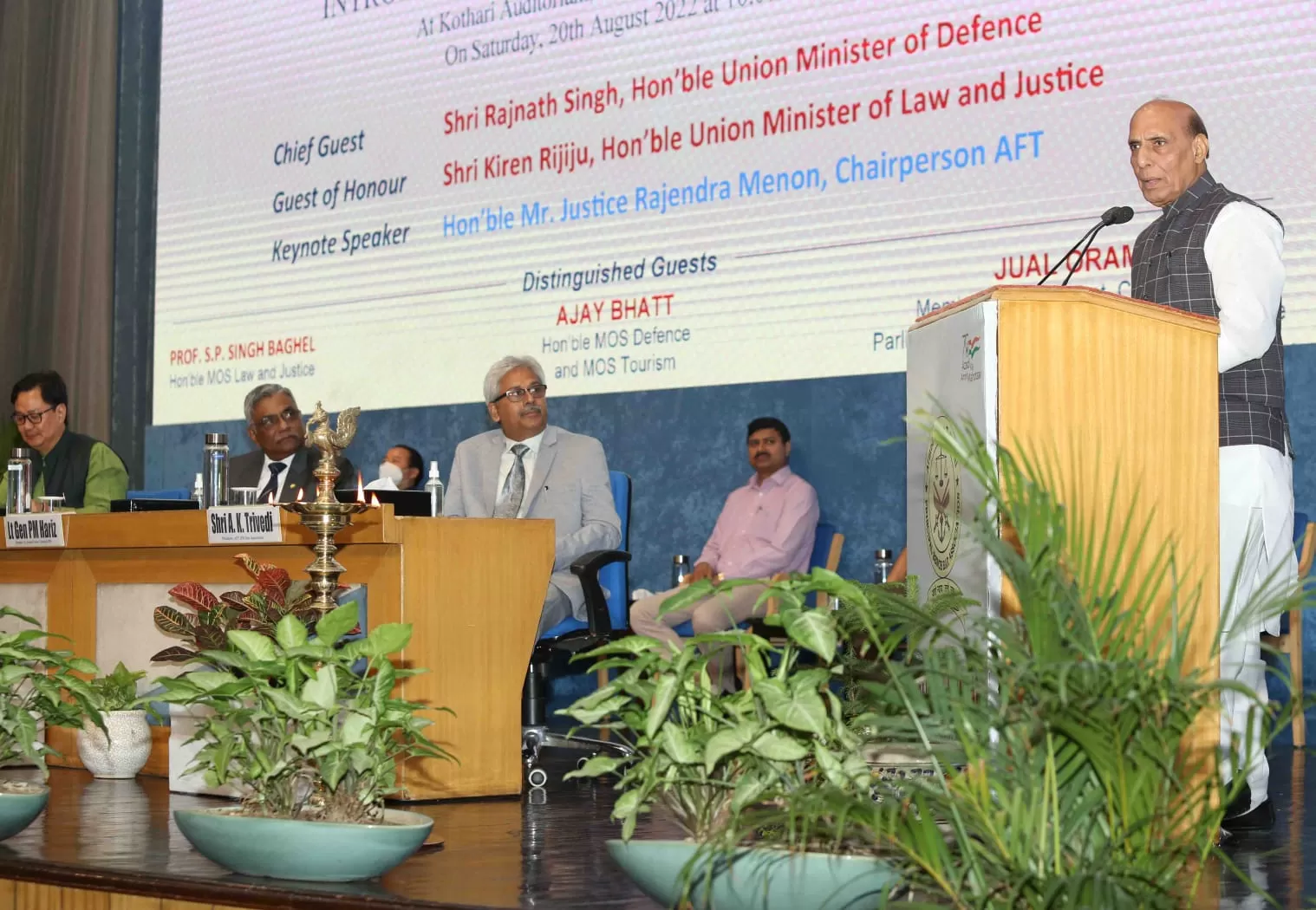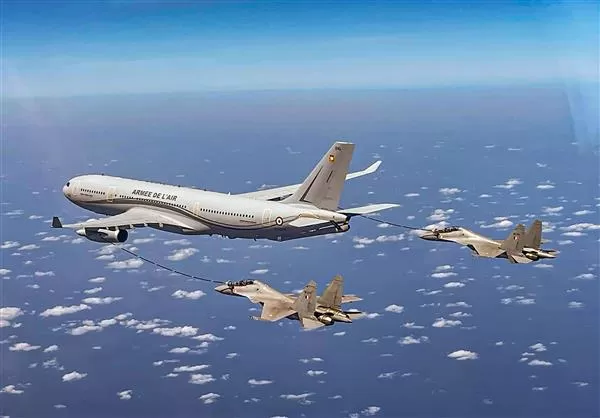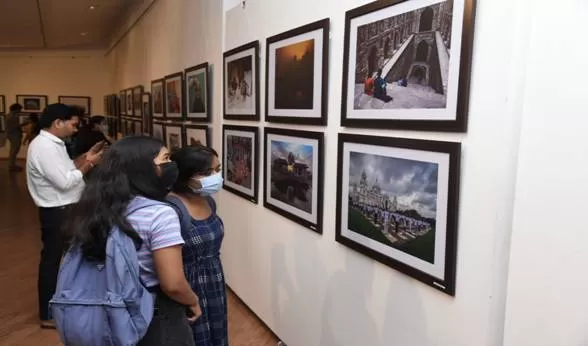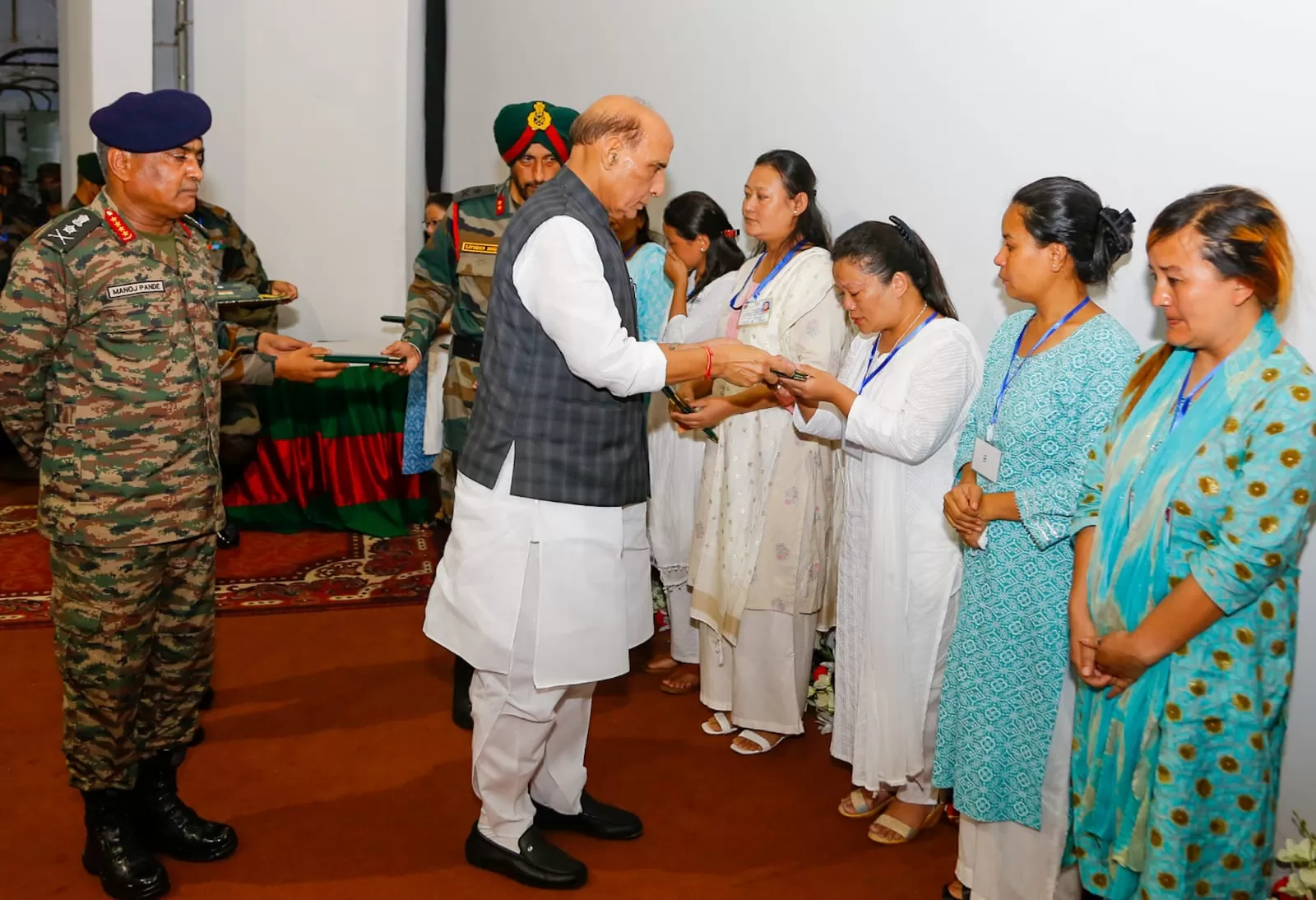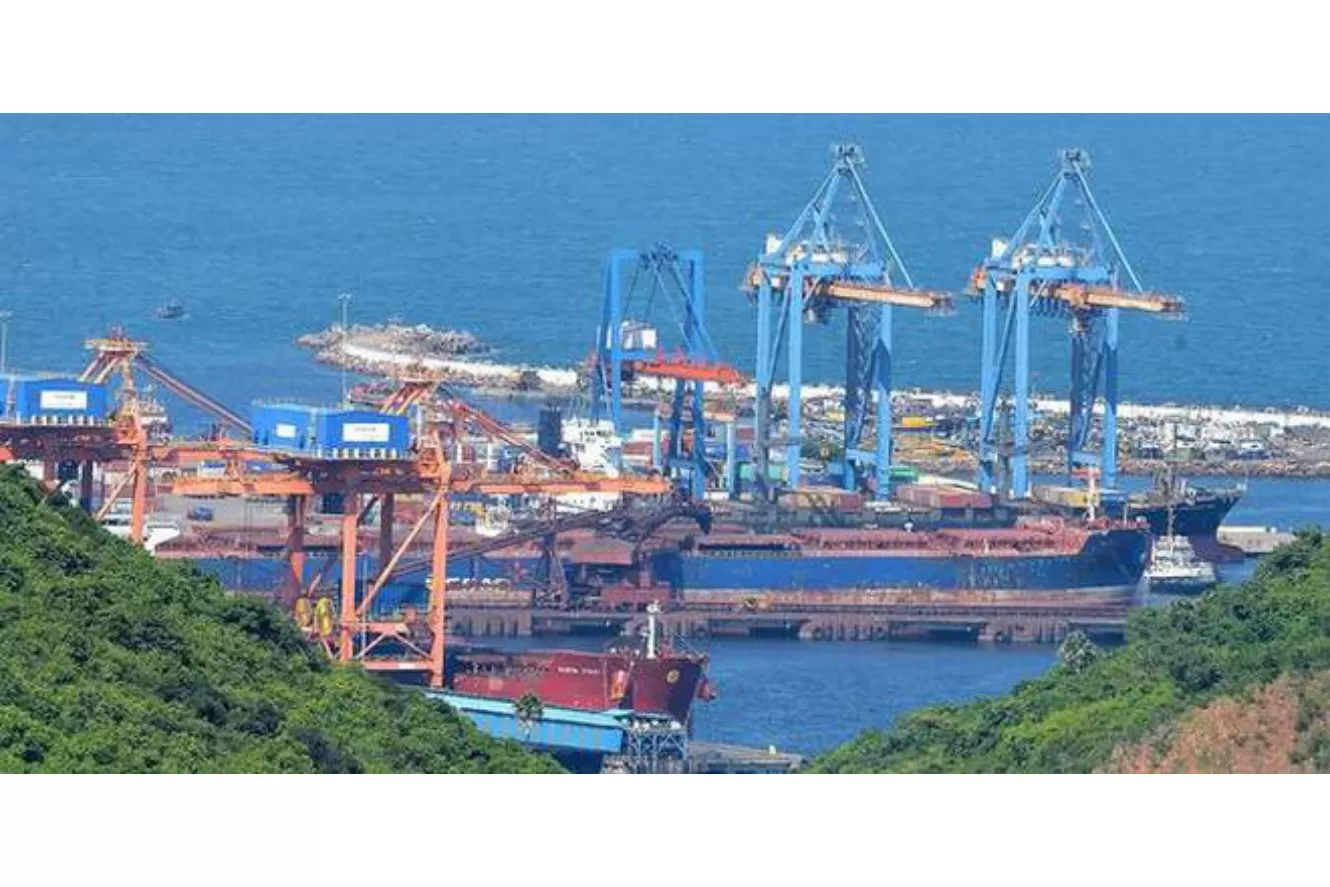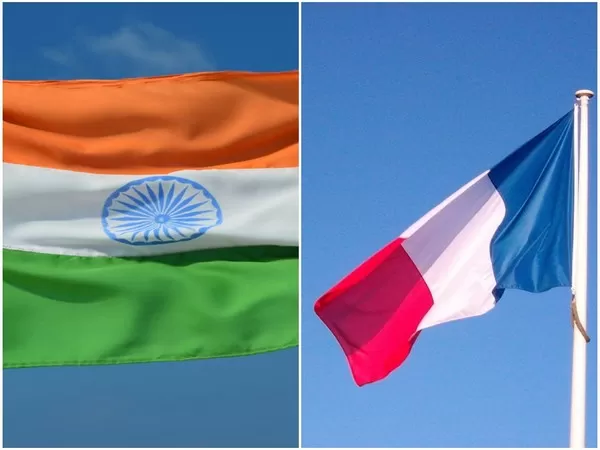Union Home and Cooperation Minister Shri Amit Shah presides over 23rd meeting of Central Zonal Council in Bhopal The states of Madhya Pradesh, Uttar Pradesh, Uttarakhand and Chhattisgarh are important...
Free Guest Posting: Another step towards Ease of Doing Business. In line with the amendment in the Foreign Exchange Management Act 2015, Outward Investments Rules have been framed by the Government of...
The Minister informs that the fuel cell utilizes Hydrogen and Air to generate electricity to power the bus and the only effluent from the bus is water, thus making it possibly the most environmentally...
Free Guest Posting: Raksha Mantri Shri Rajnath Singh said the Government is committed to make the Armed Forces Tribunal more empowered and responsive and implement measures that were required in this ...
Free Guest Posting: An Indian Air Force contingent has reached Australia for participating in Exercise Pitch Black 2022 scheduled to be held from 19 Aug 22 to 08 Sep 22 in Darwin. This is a biennial, ...
Lalit Kala Akademi, on the occasion of World Photography Day, organised a “Photography Exhibition” in the galleries of Lalit Kala Akademi, New Delhi today.The exhibition was inaugurated by Eminent...
Raksha Mantri Shri Rajnath Singh, on August 18, 2022, felicitated the ‘Veer Naris’ of the Armed Forces personnel, who lost their lives in a recent landslide at Tupul in Manipur. The felicitation c...
Free Guest Posting: India has a 7,500 km long coastline, 14,500 km of potentially navigable waterways and strategic location on key international maritime trade routes. About 95% of India’s trade by...
The Union Cabinet, chaired by the Prime Minister, Shri Narendra Modi was apprised of the signing of Contract between the Organisation for Economic Cooperation and Development, France on behalf of the ...


